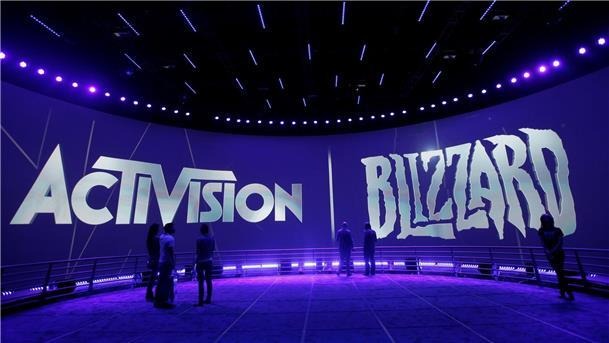
The Federal Trade Commission objects to the purchase due to antitrust concerns, as it would be the biggest ever in the video game industry
On Monday, the Federal Trade Commission (FTC) filed a court request to temporarily halt Microsoft’s acquisition of Activision Blizzard. The FTC aims to prevent the deal from closing until the government’s case against the $69bn acquisition is heard. The FTC stated that Microsoft and Activision had indicated the deal could be finalized by Friday, and they sought a federal judge’s intervention to block any final agreement before 11:59 pm ET on June 15th.
According to the FTC, the proposed deal between Microsoft and Activision, which would be Microsoft’s largest and the biggest in the video game industry’s history, could lead to Microsoft having the ability and incentive to limit or degrade Activision’s content, resulting in reduced competition.
The FTC expressed concern that without intervention from a judge, the merged company could make significant changes to Activision’s operations and business plans. Furthermore, the FTC raised concerns about Microsoft potentially gaining access to sensitive business information.
In December, the FTC, responsible for enforcing antitrust law, had already requested an administrative judge to block the transaction based on antitrust grounds. Their argument centered around the potential for Microsoft’s Xbox to gain exclusive access to Activision games, leaving Nintendo consoles and Sony’s PlayStation at a disadvantage.
In May, the European Union approved Microsoft’s $69bn bid to acquire the company behind Call of Duty. However, British competition authorities blocked the takeover in April.
On Monday, Microsoft’s shares rose by 1.5%, while Activision’s shares declined by 0.8%.
Microsoft has expressed that the acquisition deal would bring benefits to both gamers and gaming companies. In an effort to address concerns, Microsoft offered to enter into a legally binding consent decree with the FTC, ensuring the provision of Call of Duty games to competitors, including Sony, for a period of ten years. The initial announcement of the deal in January 2022 stated that Microsoft anticipated its closure within its fiscal year 2023, which concludes in June.
The FTC, aware of reports suggesting an imminent closure of the deal between Microsoft and Activision Blizzard, has submitted a request for a temporary restraining order to prevent the closure while the review is ongoing.
This case exemplifies the assertive approach to antitrust enforcement pursued by the Biden administration. However, experts in antitrust law suggest that the FTC may face challenges in convincing a judge to block the deal due to the voluntary concessions offered by Microsoft to address concerns of potential dominance in the gaming market.



